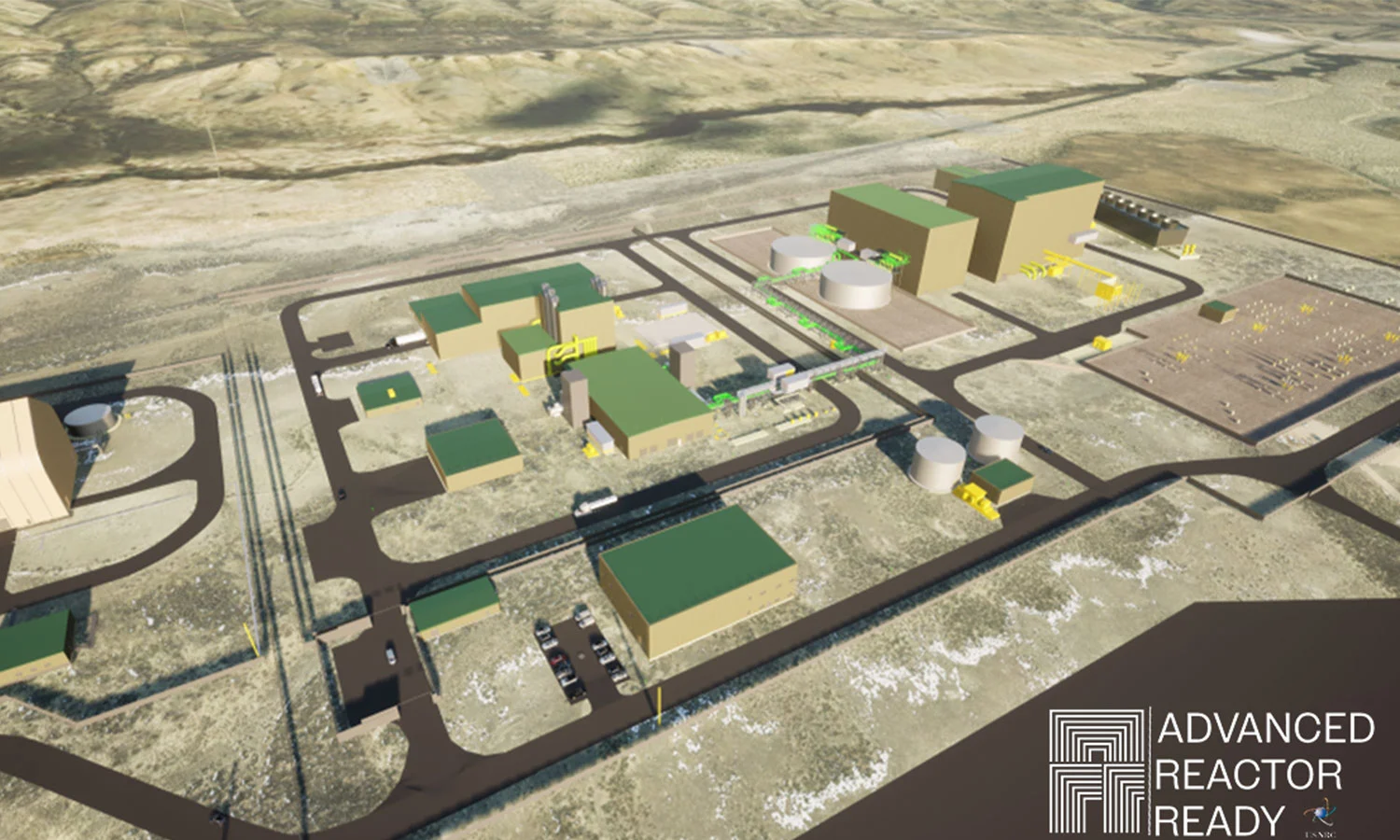A realistic understanding of their costs and risks is critical.
What are SMRs?
-
SMRs are not more economical than large reactors.
-
SMRs are not generally safer or more secure than large light-water reactors.
-
SMRs will not reduce the problem of what to do with radioactive waste.
-
SMRs cannot be counted on to provide reliable and resilient off-the-grid power for facilities, such as data centers, bitcoin mining, hydrogen or petrochemical production.
-
SMRs do not use fuel more efficiently than large reactors.
[Edit: If people have links that contradict any the above, could you please share in the comment section?]



Removed by mod
There’s so many people paranoid about the remote possibility of dirty bombs. Meanwhile, Norfolk Southern is actually spilling tankers full of toxic chemicals that get set on fire by being incredibly negligent.
If terrorists did want to poison an area, there’s plenty of insanely toxic and commercially available compounds to choose from. The fixation on nuclear fuel is an indicator of someone who is just repeating a ghost story and doesn’t actually know/care what the biggest sources of danger are.
Though to be fair, using dirty bombs or radioactive material has waaaaay larger “fear” factor than a random chemical that kills just as well.
There are plenty of good arguments against SMRs: none of them include terrorism.
The theory was always that you could get economies of scale if you were building the same reactor every time in a factory and transporting it to install somewhere else. In practice those economies never materialized (did they even exist?)
Meanwhile solar, wind, and batteries have plummeted in cost. There is no need for base load power generation if we have sufficient battery storage and an oversupply of generators - which is entirely feasible for wind and solar.
Removed by mod
At temperate latitudes, you can actually get something like 95% of the way there using wind, solar, and reasonable amounts of storage in addition to existing hydropower.
This leaves a fairly small chunk which needs either long-duration storage or firm generation. Nuclear might be able to fill part of that, but only if it comes in at a lower price than currently seems likely. Other technologies, such as induced geothermal and sodium-ion flow batteries are a lot more likely-looking right now.
Removed by mod
No need for power generation dedicated to the base load.
Nuclear power generation is base load only: it does not full the role of a peaker.
Battery + renewable technology is already the primary source of power on many grids and the trend continues accelerating in that direction.
Removed by mod
Grids*
Ducking autocorrect